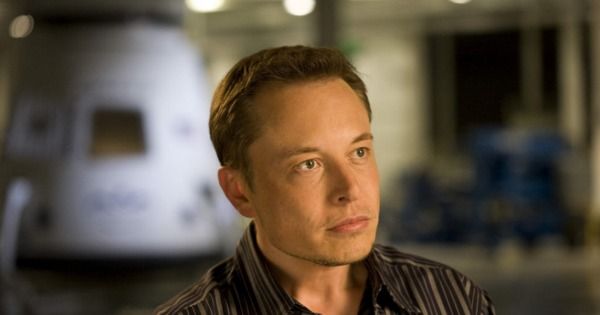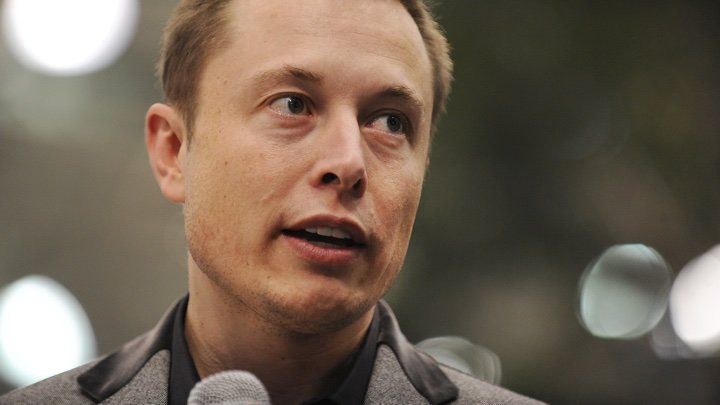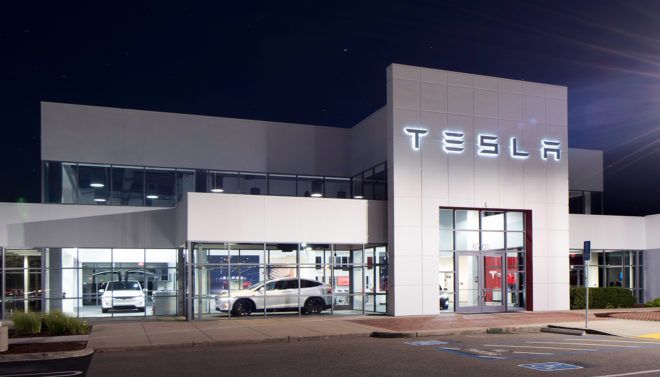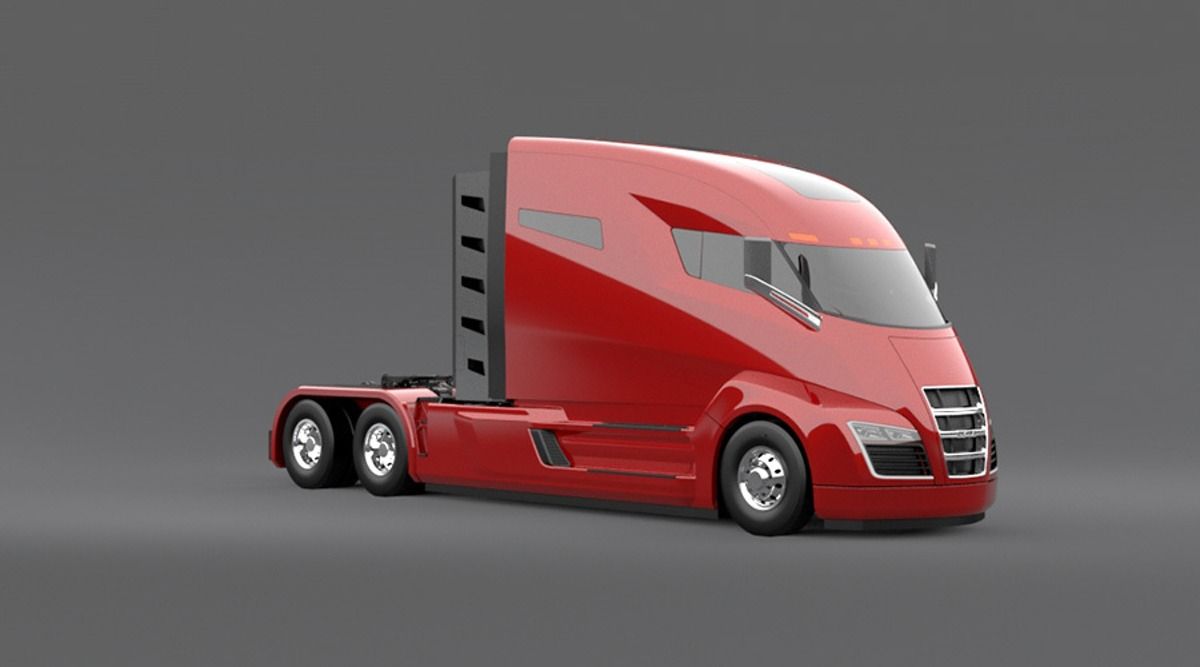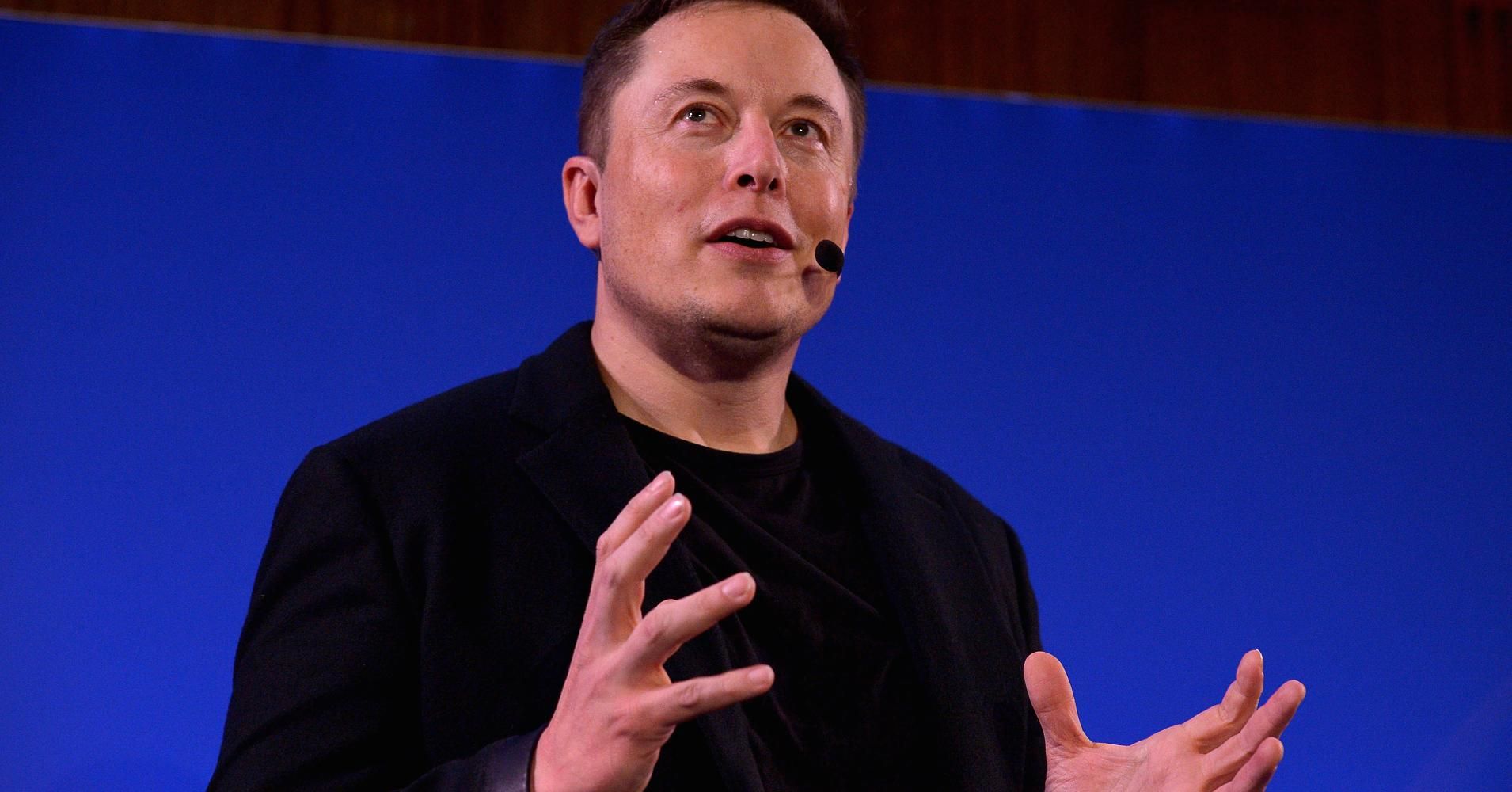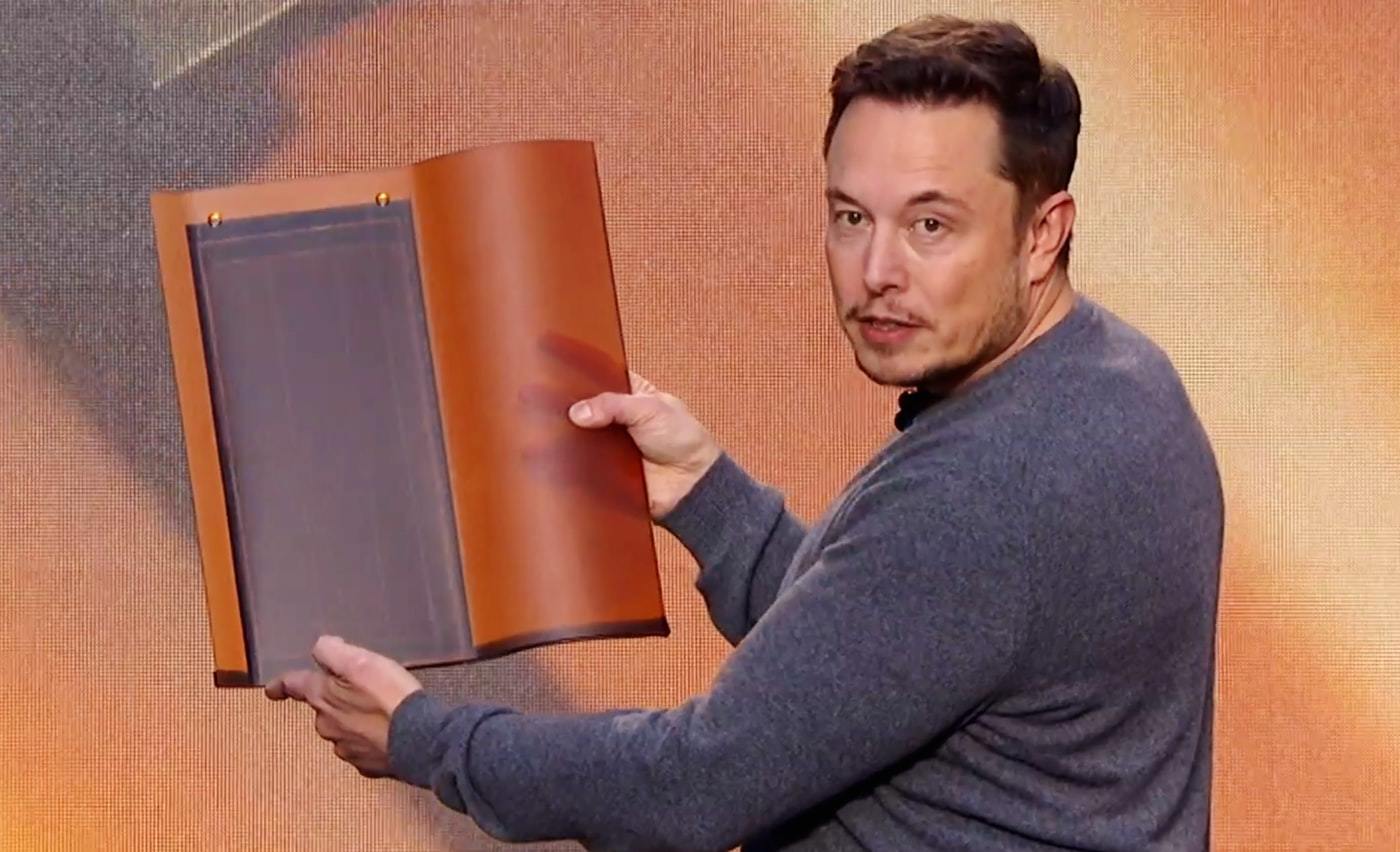Researchers have warned it is already too late to stop killer robots — and say banning them would be little more than a temporary solution.
University at Buffalo researchers claim ‘society is entering into a situation where systems like these have and will become possible.’
Elon Musk and Professor Stephen Hawking have both warned that artificial intelligence could develop a will of its own that is in conflict with that of humanity, and could herald dangers like powerful autonomous weapons.

